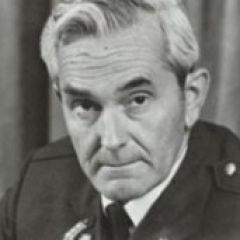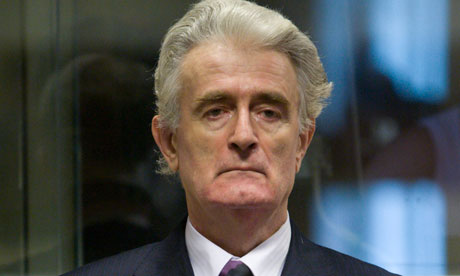By Heba Girgis
Impunity Watch Reporter, South America
SANTIAGO, Chile—On June 21, 2012, investigations confirmed that General Alberto Bachelet’s fatal heart-attack was induced by torture while he was held in captivity.

In 1973, Bachelet was charged with treason after showing support for the socialist President Salvador Allende in opposition to the military coup led by the late Augusto Pinochet. Bachelet died in captivity. Investigations as to the cause of his death were reopened by the Santiago Court of Appeals last year in 2011, along with another 700 cases of human rights violations under Pinochet’s regime and dictatorship.
Bachelet joined the Chilean army in 1940. He served as Brigaidier General in the Chilean Air Force and also served as a Secretary for President Allende’s government. Bachelet strongly opposed Pinochet’s military coup in 1973. Because of this, he was held captive at the Air Force’s War Academy along with many of his colleagues, where they were interrogated and tortured. Bachelet’s wife, Angela Jeria, and his daughter Michelle, did not escape Pinochet’s regime. They too were tortured and held in captivity until they were able to escape to Australia where they lived with relatives.
During the investigation, a forensic study was conducted by Judge Carroza, who was assigned to study and review the complaint brought by Bachelet’s relatives alleging that he had been tortured to death. The study convinced Carroza that “all the interrogations to which General Bachelet was submitted damaged his heart and was the likely cause of death.” Judge Carroza has also been assigned to investigating the death of former President Allende himself. While a team of international experts concluded that Allende committed suicide, many of his supporters suspect that he was killed by military soldiers.
Deputy Guillermo Tellier of Chile’s Communist Party (PC), who was also detained and tortured alongside Bachelet stated that, “The information submitted by Minister Carroza on the death of the father of former President Bachelet, apart from being painful for the family, is also painful for our entire society, which must relive these atrocities every time the justice system is able to establish the truth about the fate of our countrymen.”
In the General Cemetery, in Chile’s capitol city of Santiago, stands a memorial to honor more than 3,000 people who disappeared or were executed under Pinochet’s dictatorship. It is here that Alberto Bachelet is buried and his name appears on the monument along with thousands of other Chilean victims.
For further information, please see:
I Love Chile – Investigations Confirm Bachelet’s Father Died of Torture – 21 June 2012
Merco Press – Father of Former President Bachelet Was Tortured to Death by Pinochet Dictatorship – 21 June 2012
The Santiago Times – Bachelet’s Father Confirmed Among Chileans Tortured Under Pinochet – 21 June 2012
BBC News – Chile to Probe General Bachelet’s Death Under Pinochet – 25 August 2011

